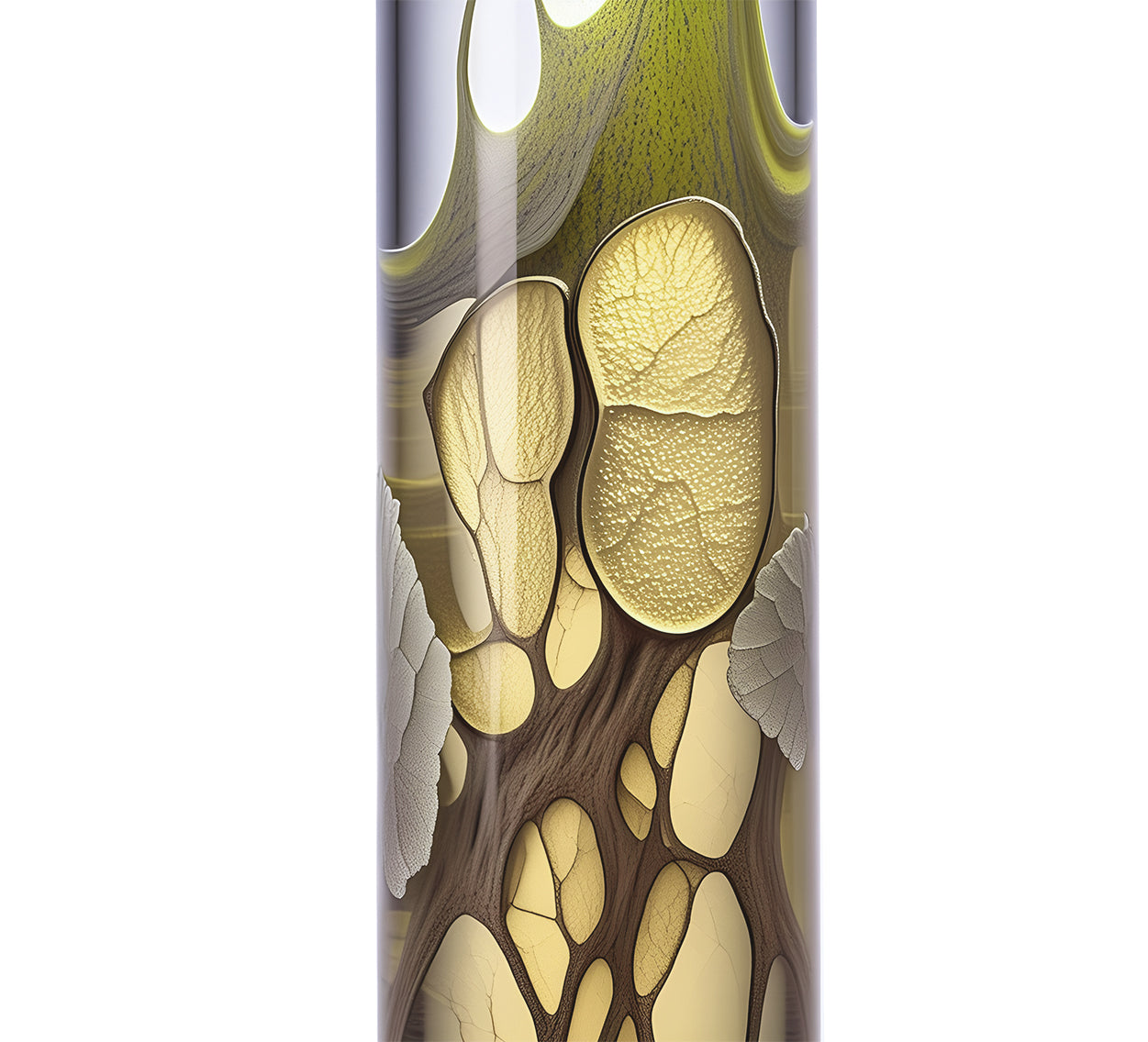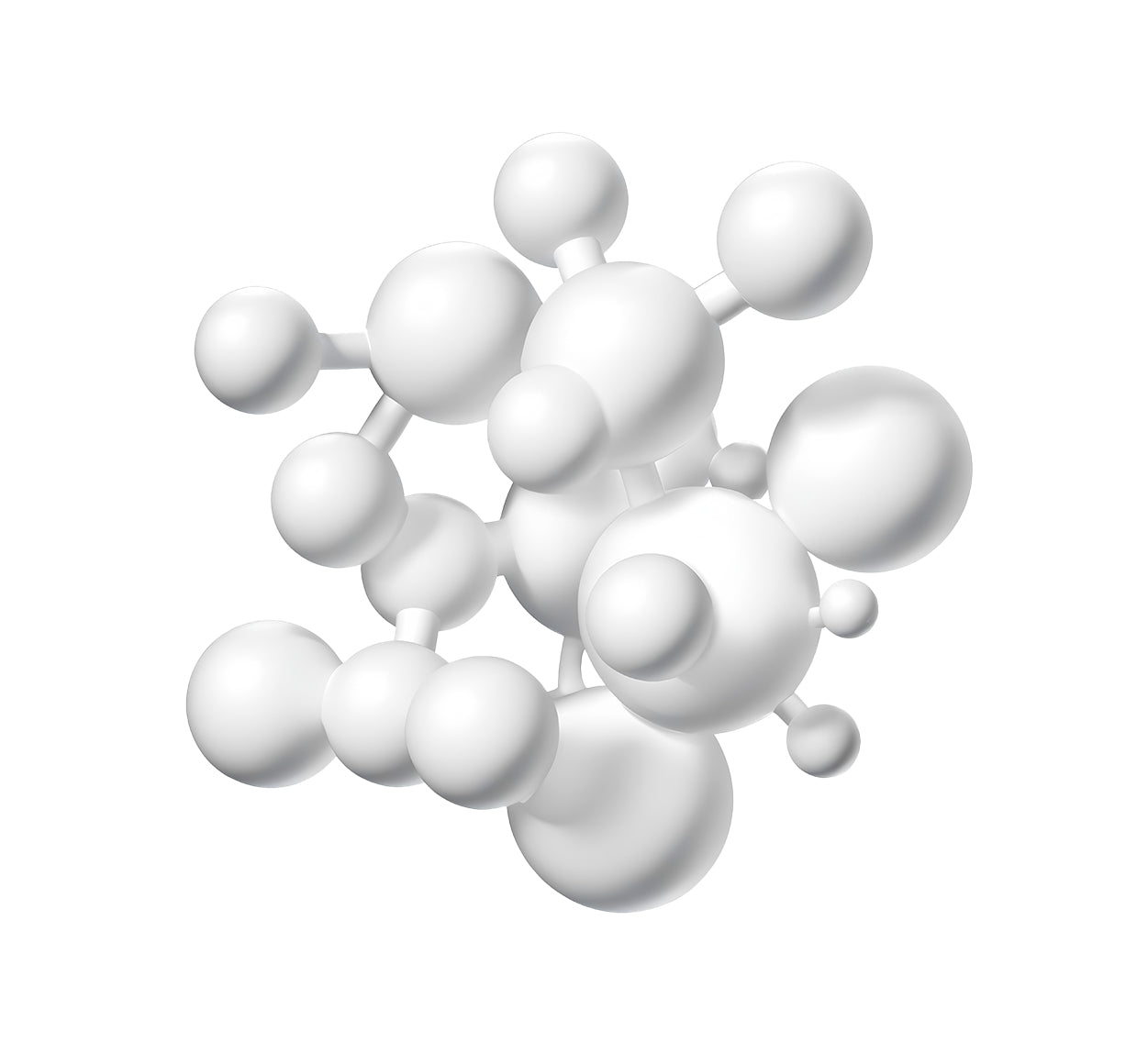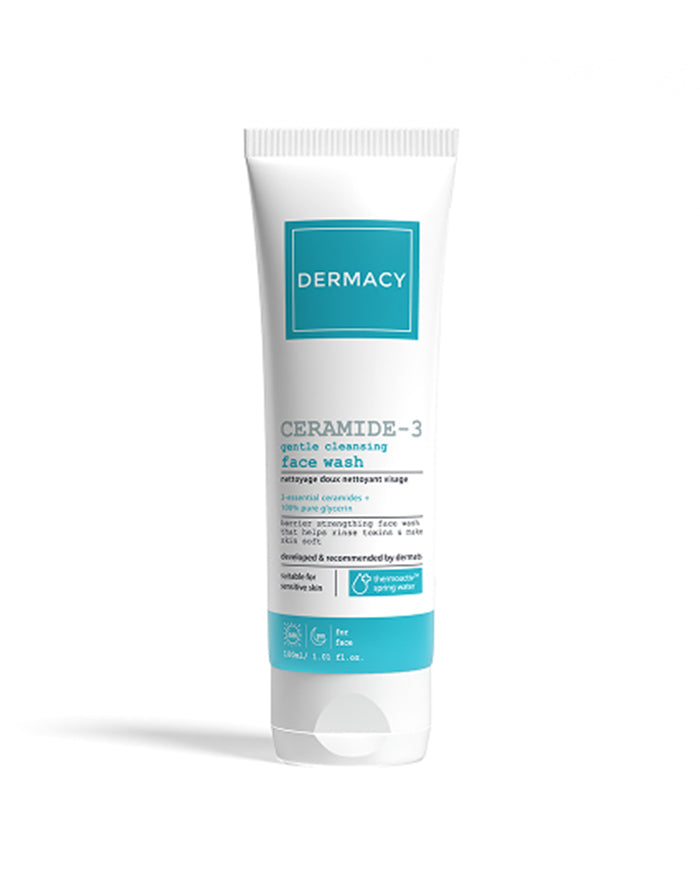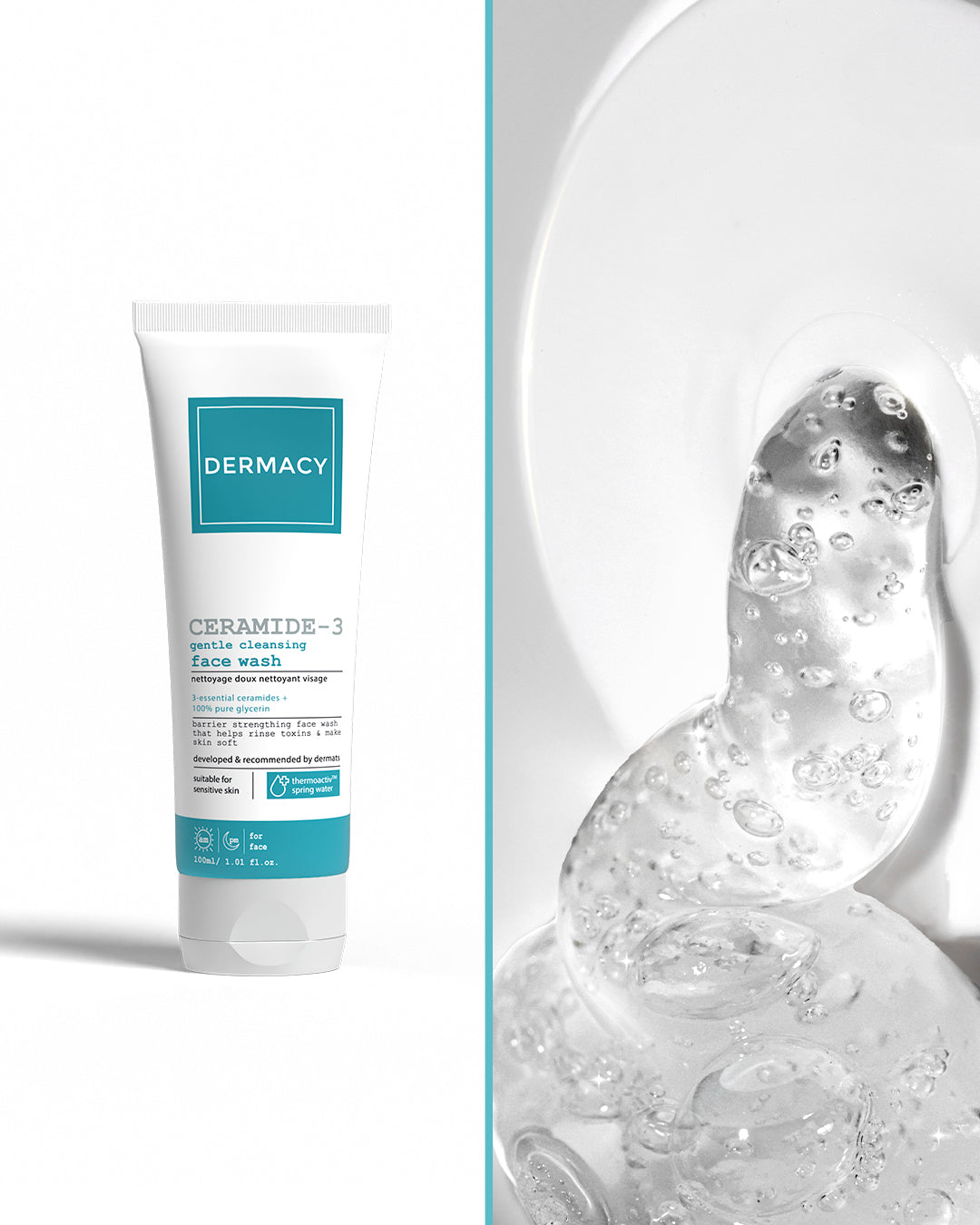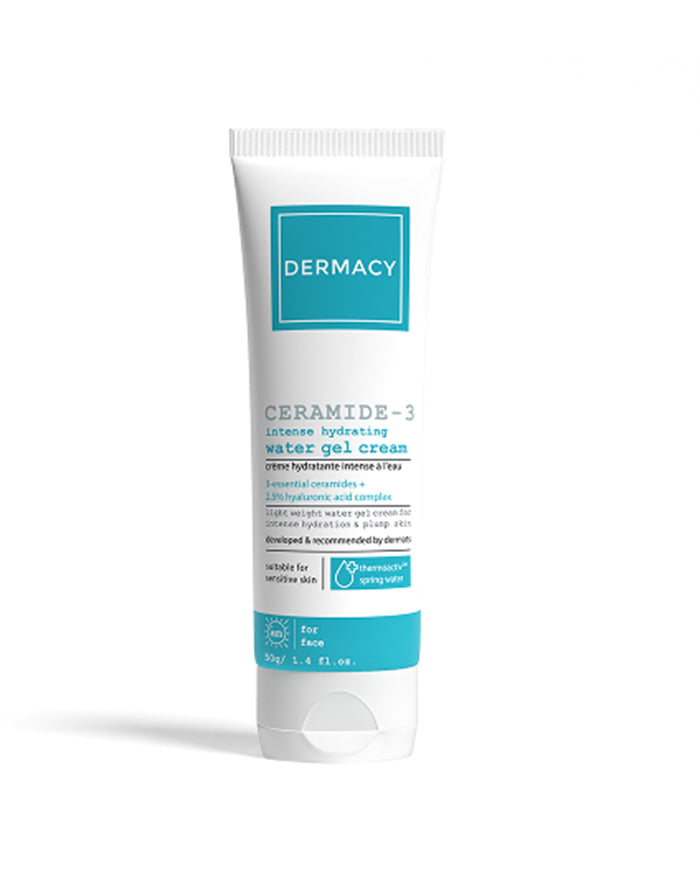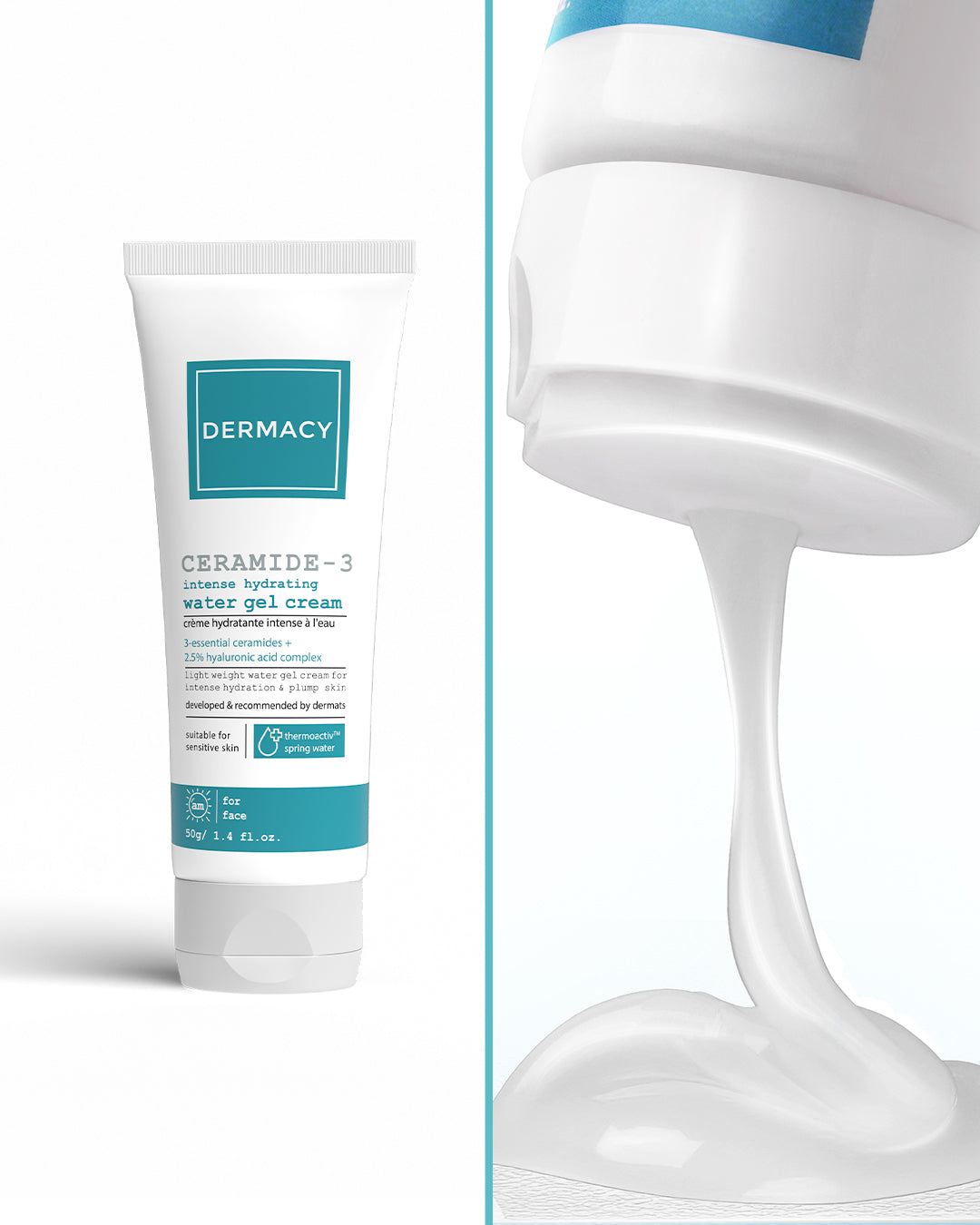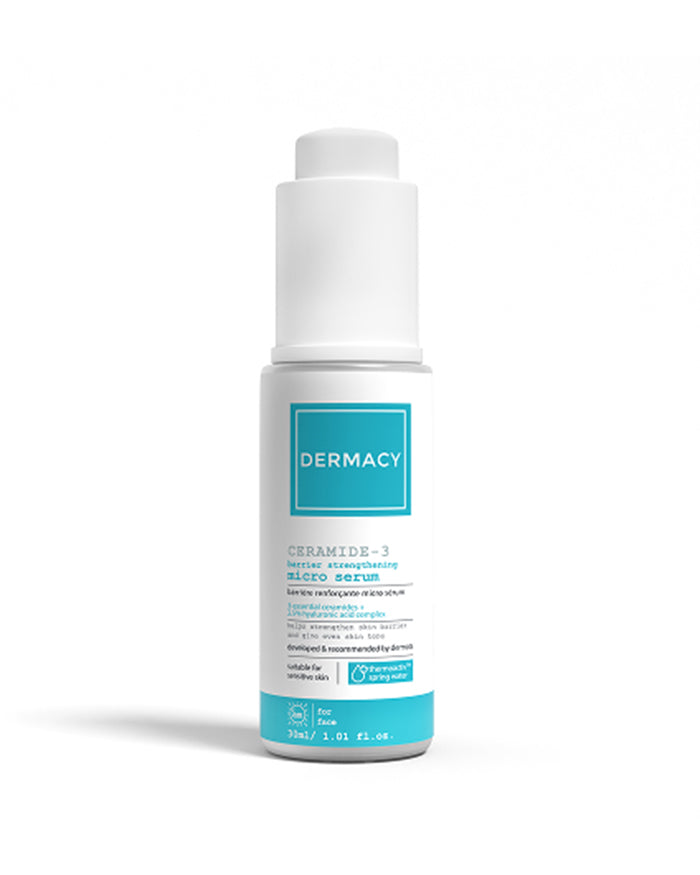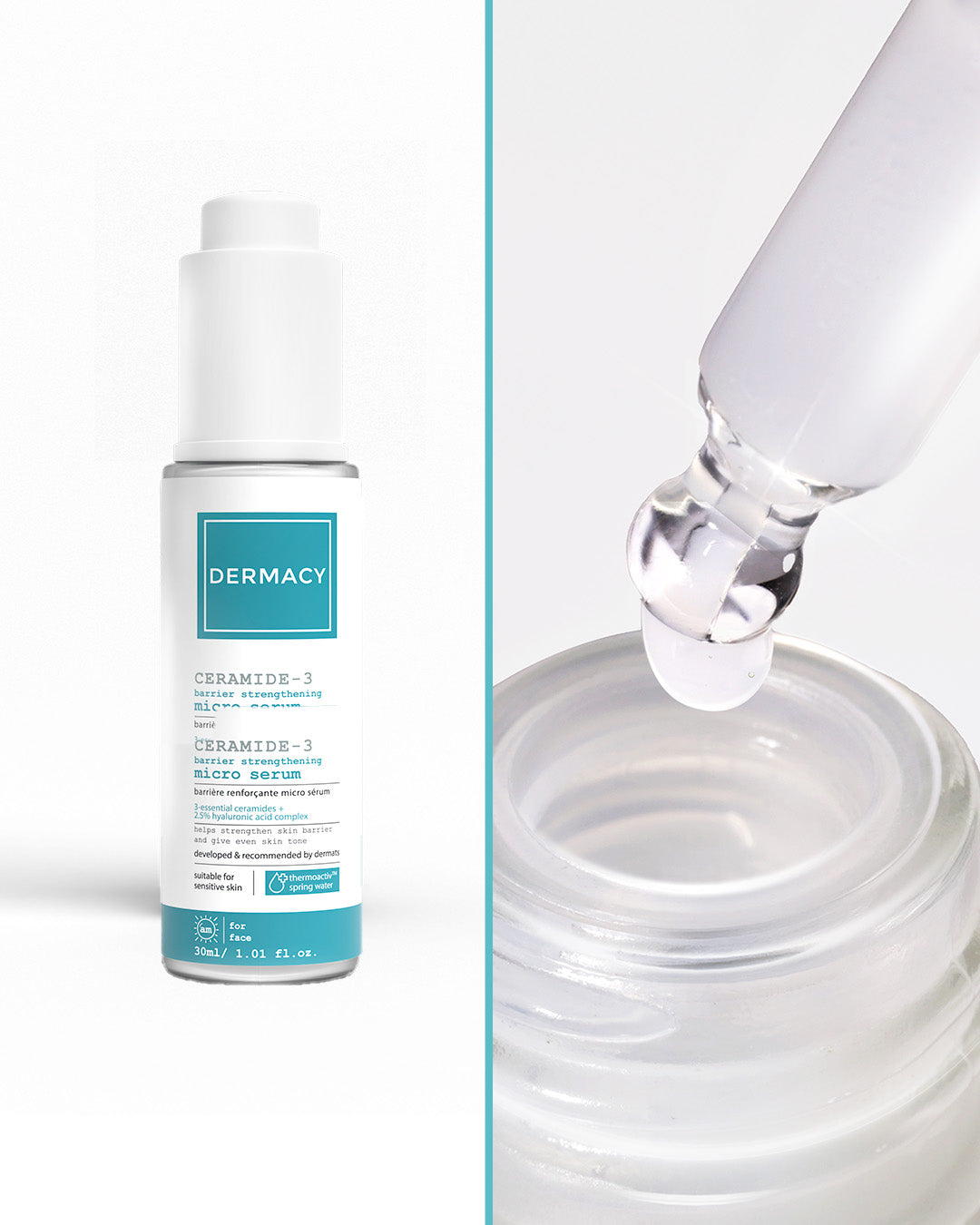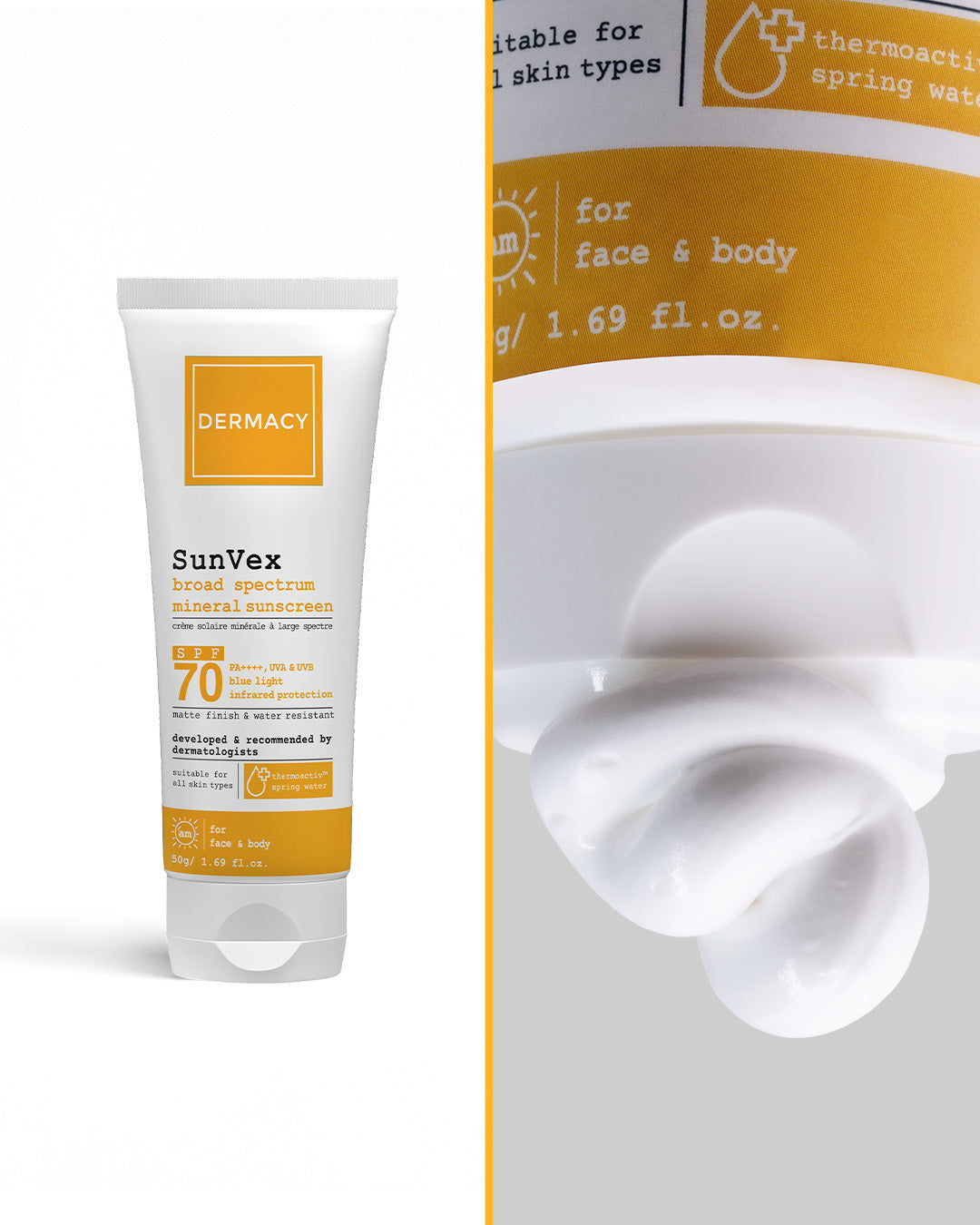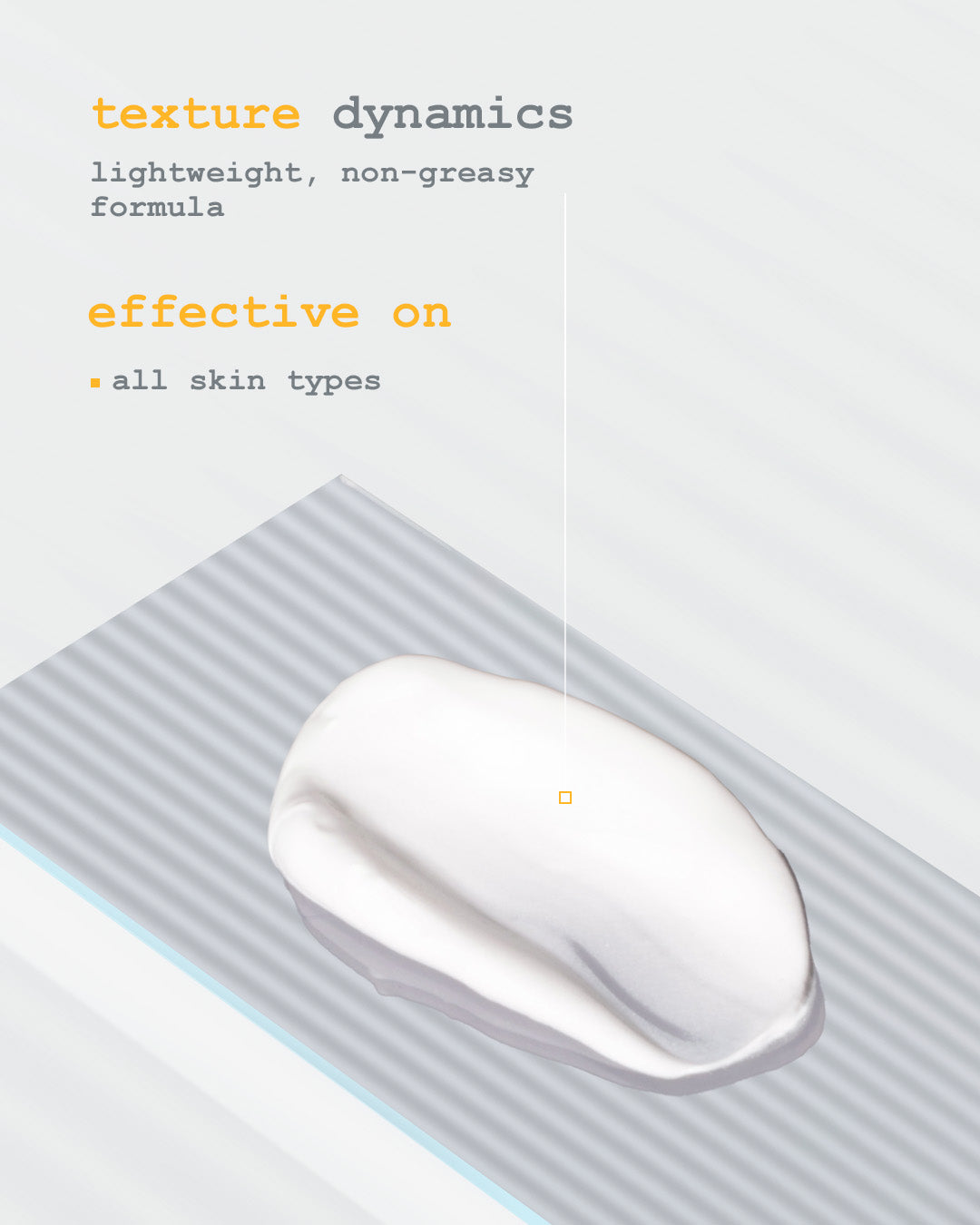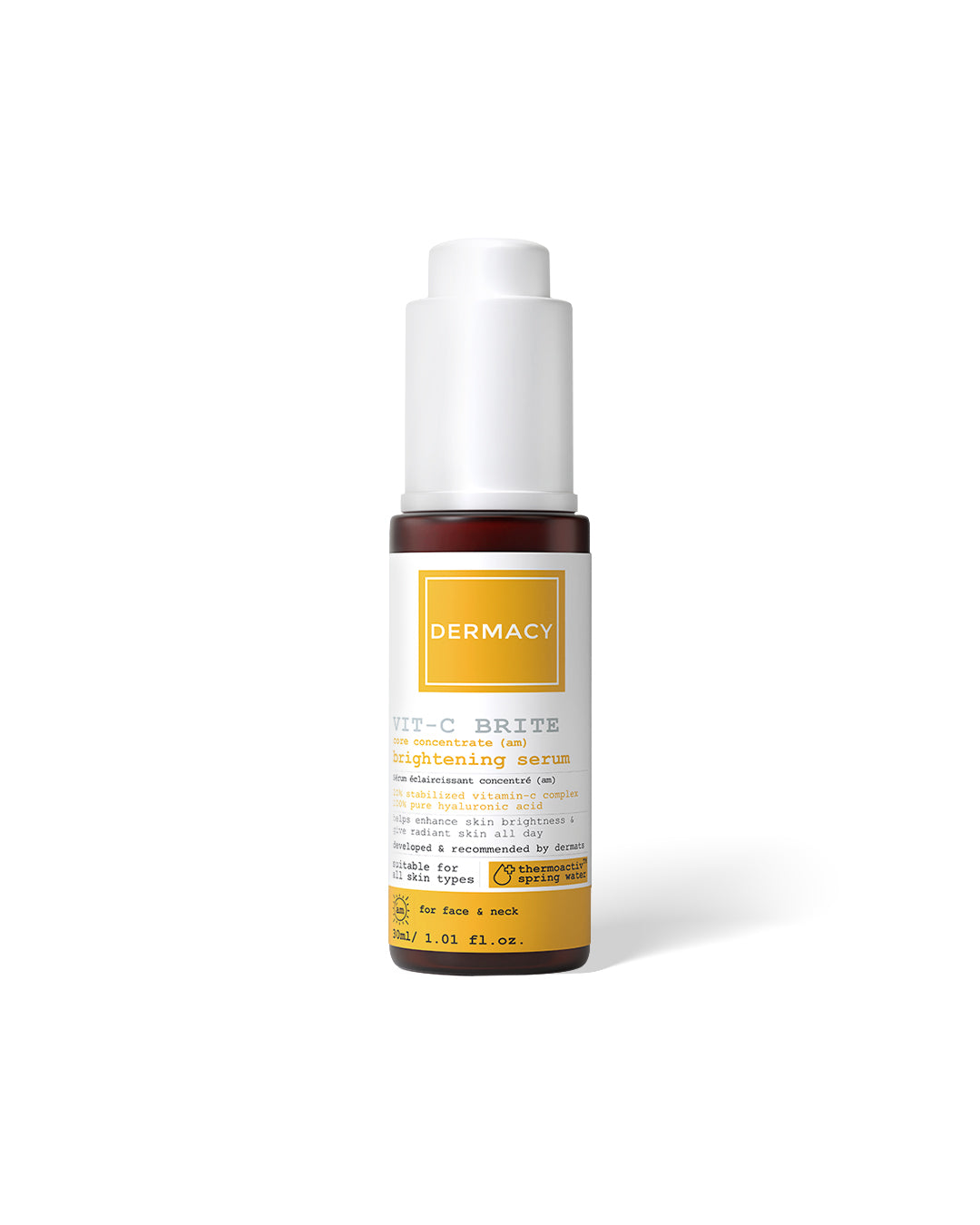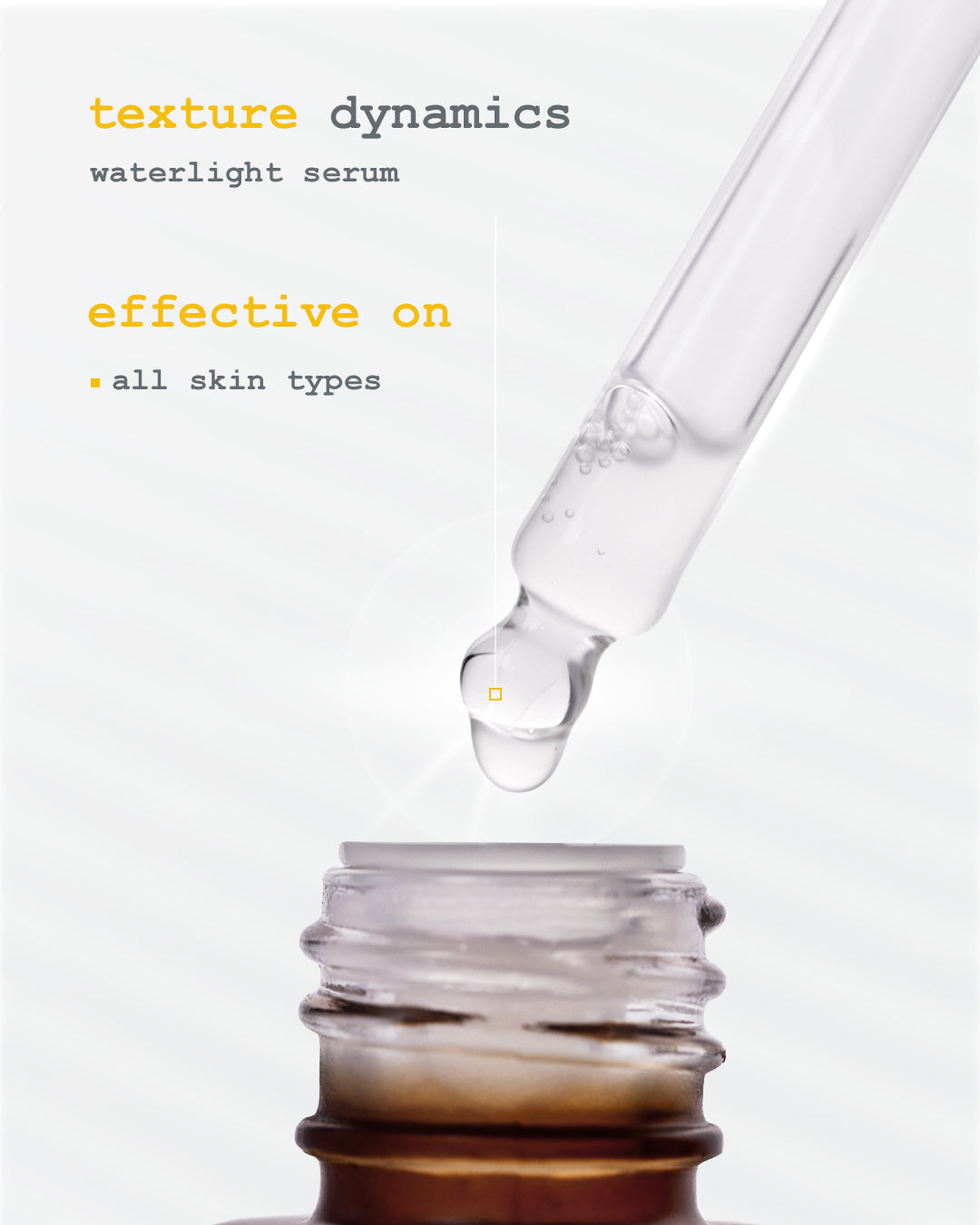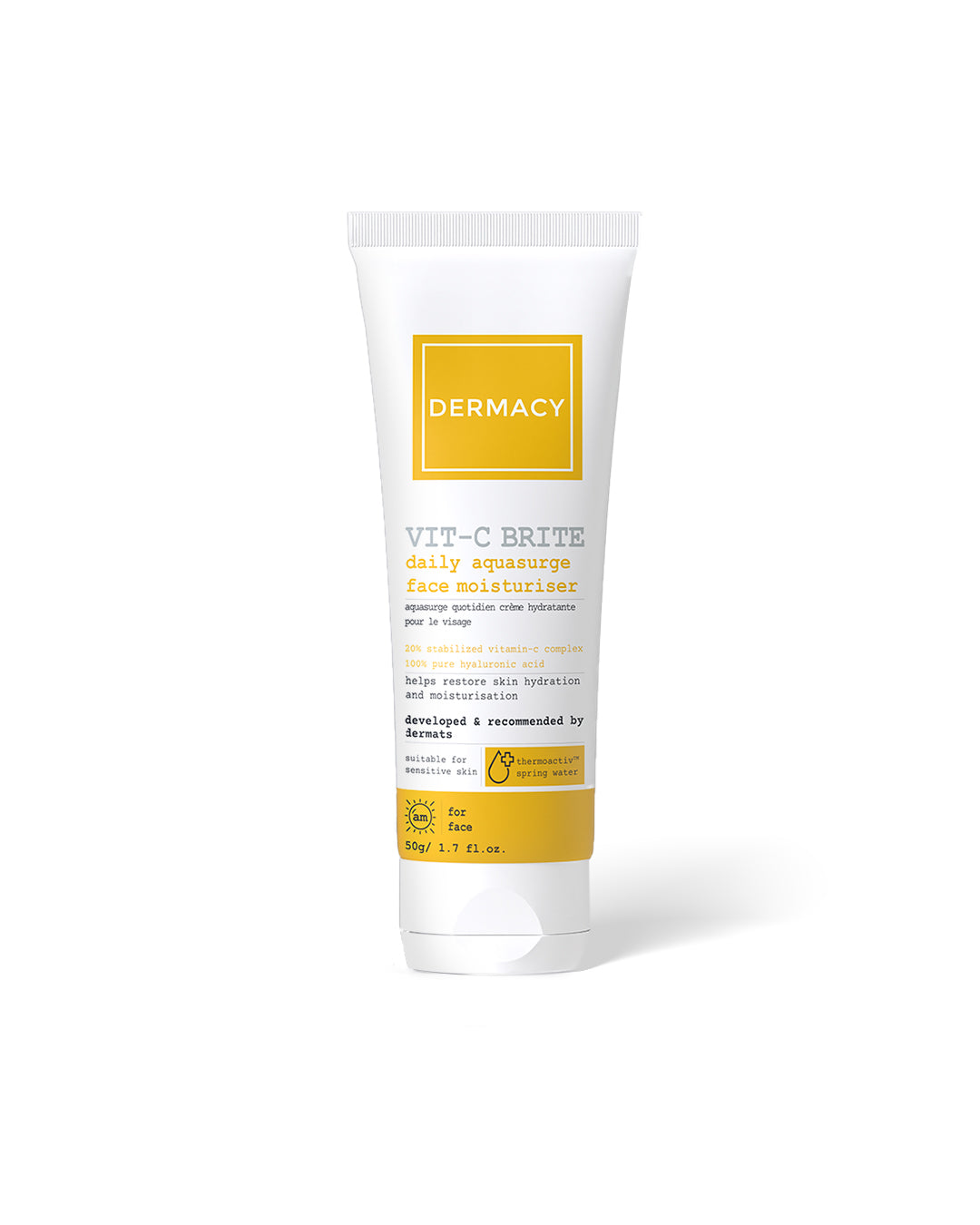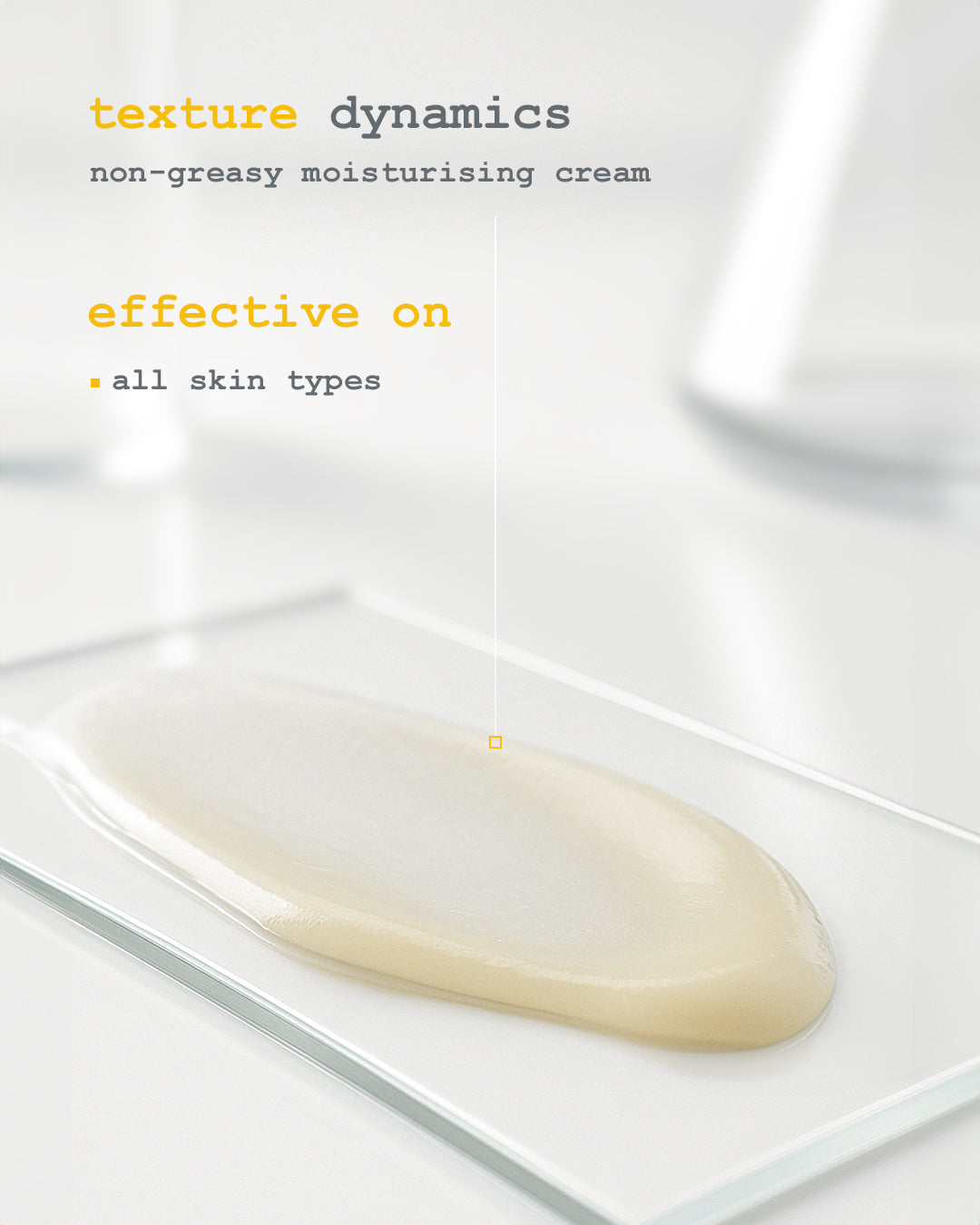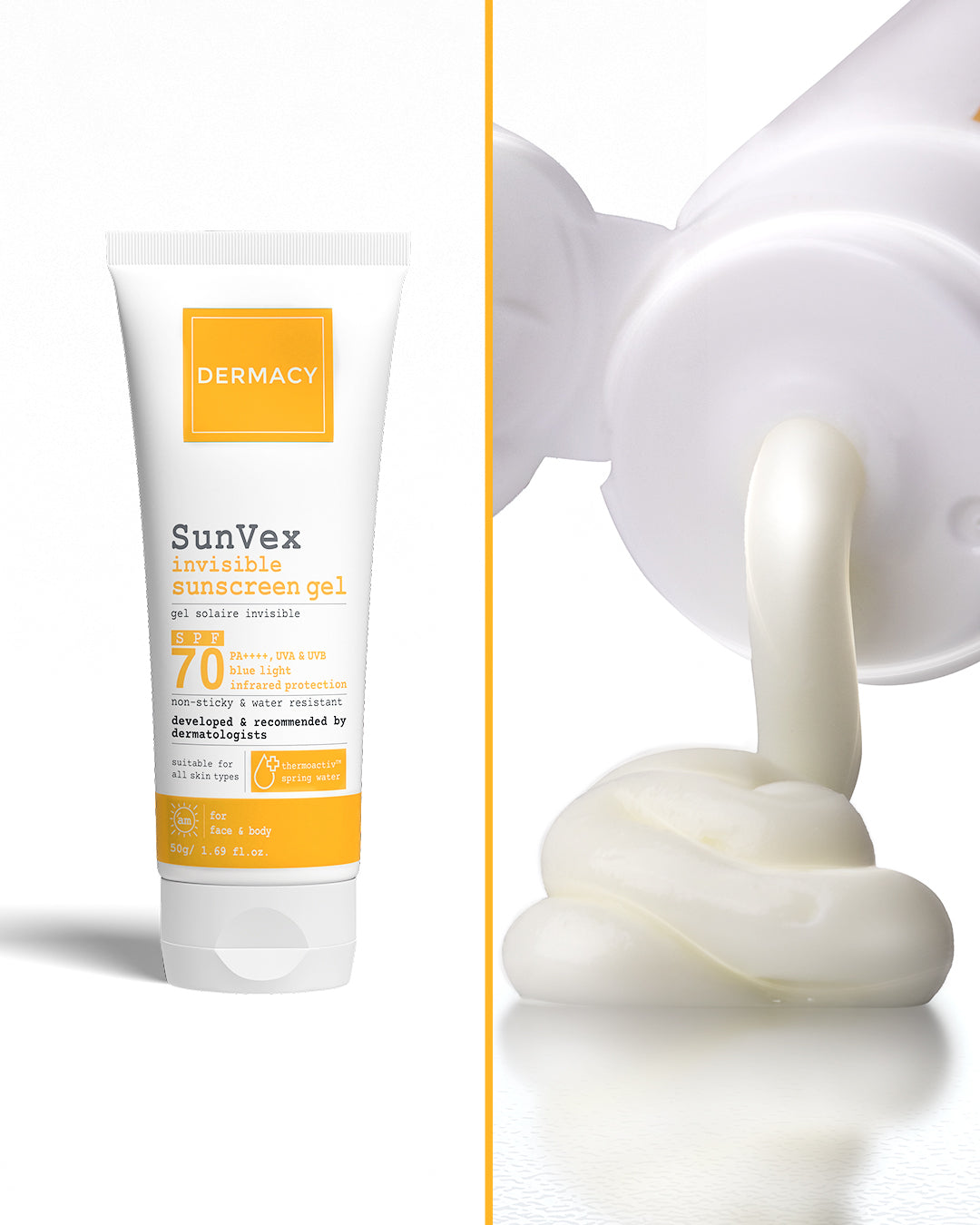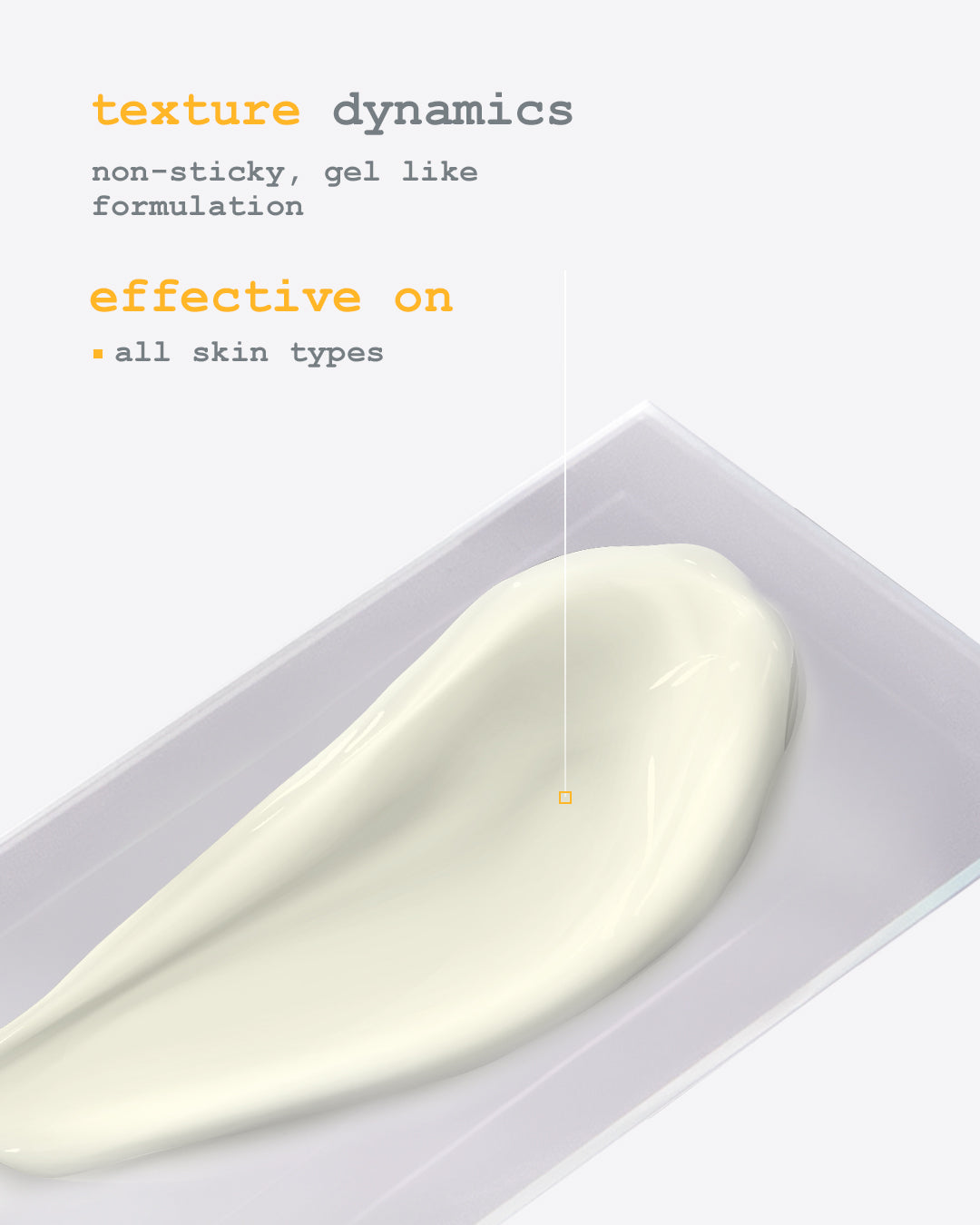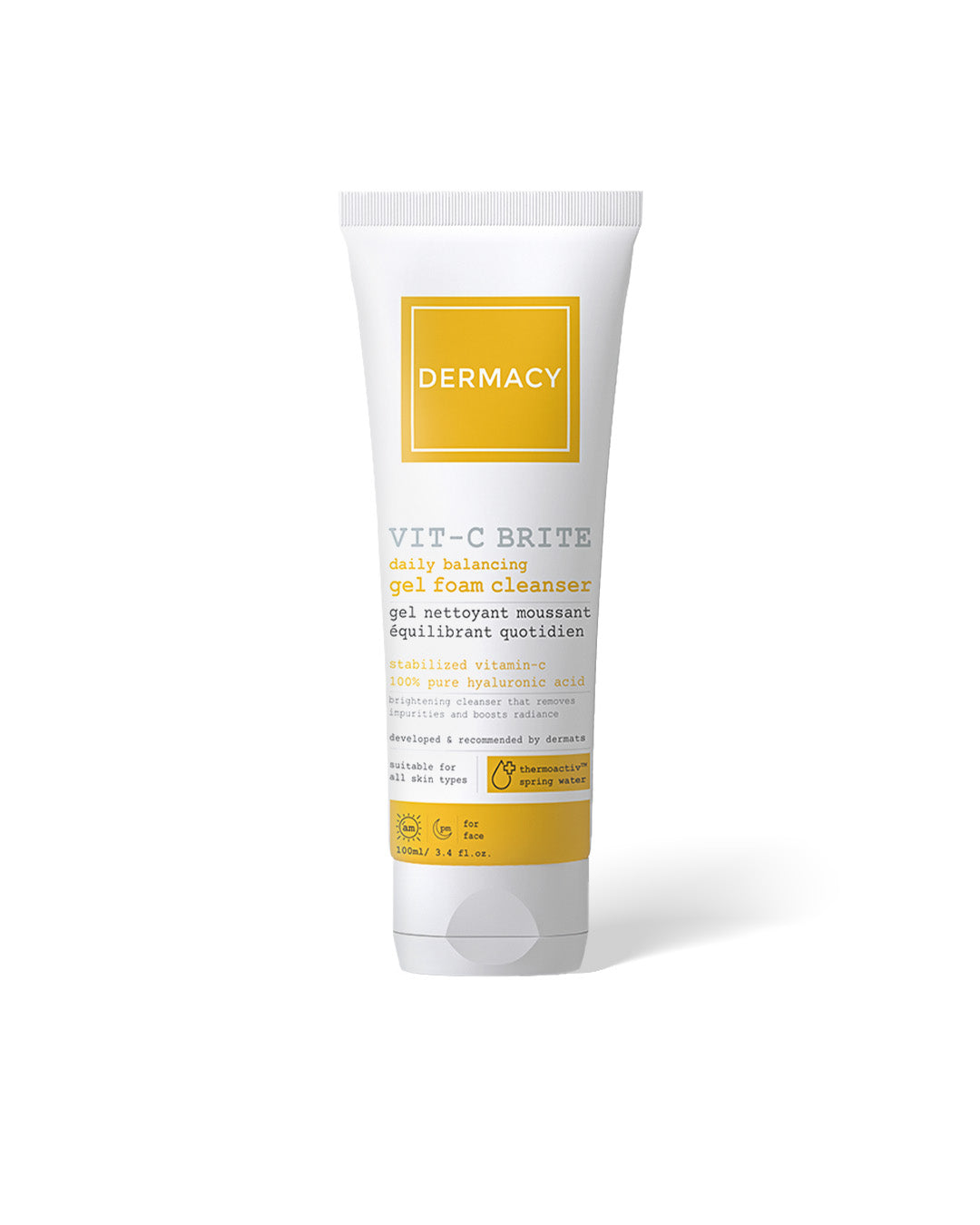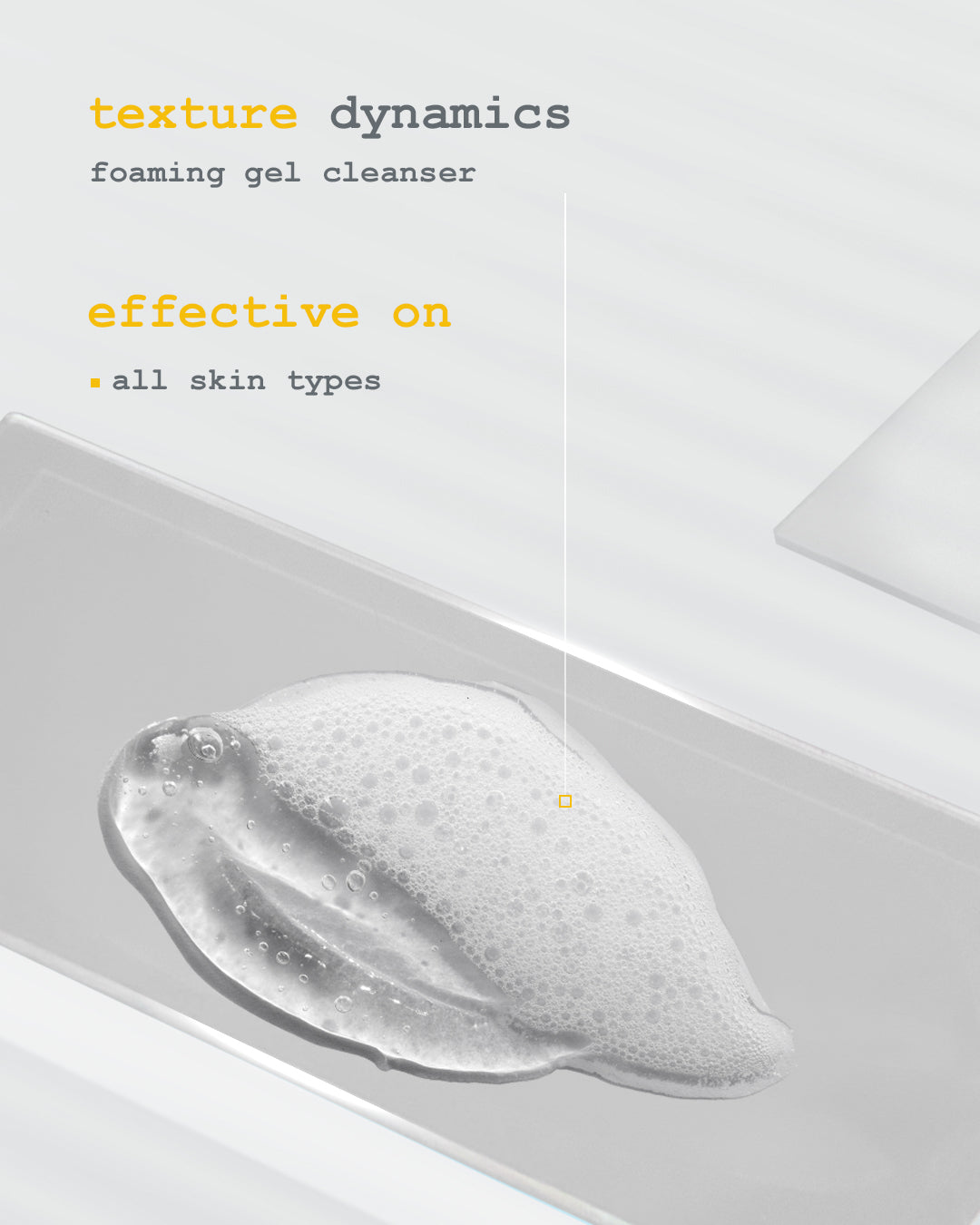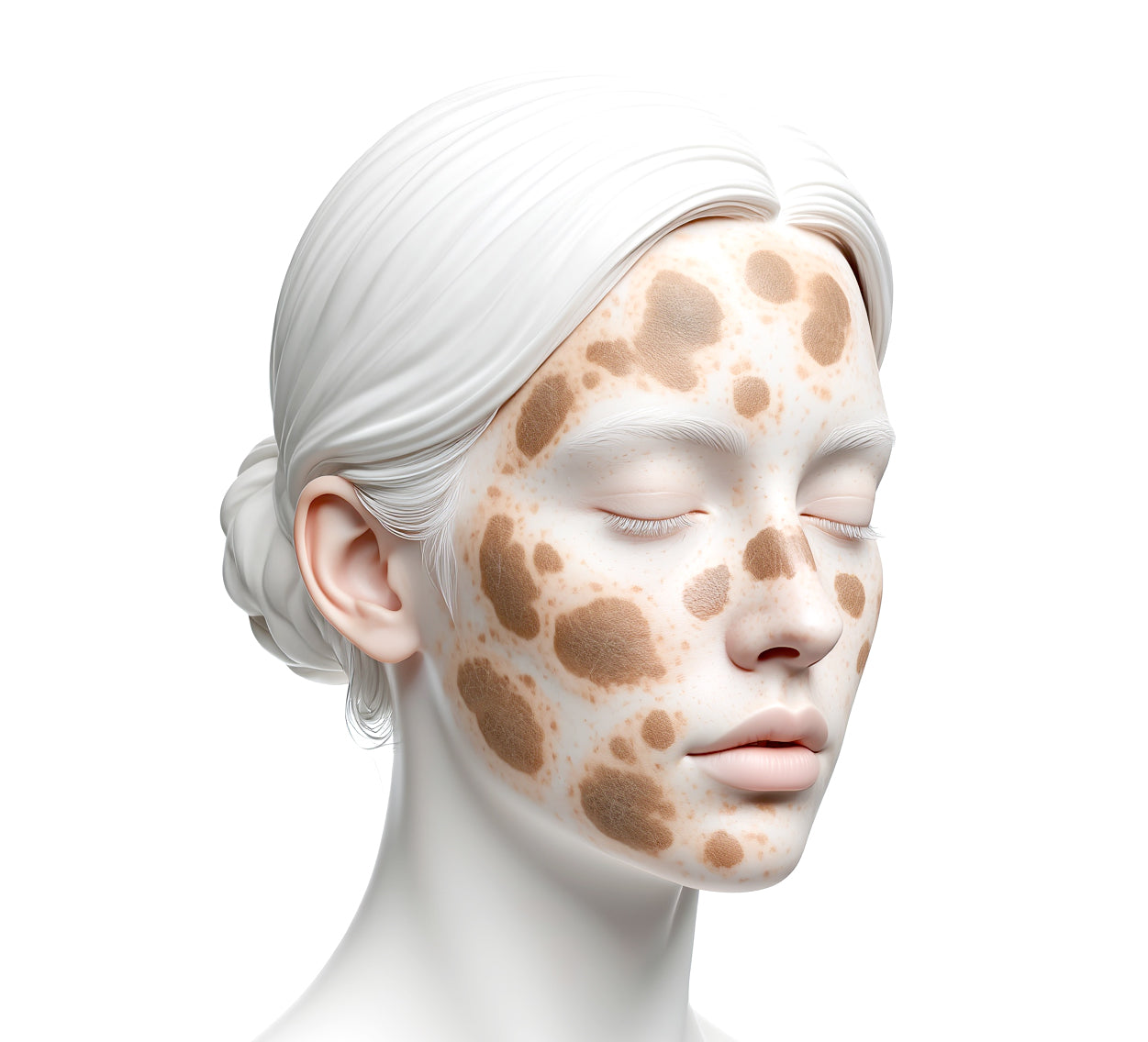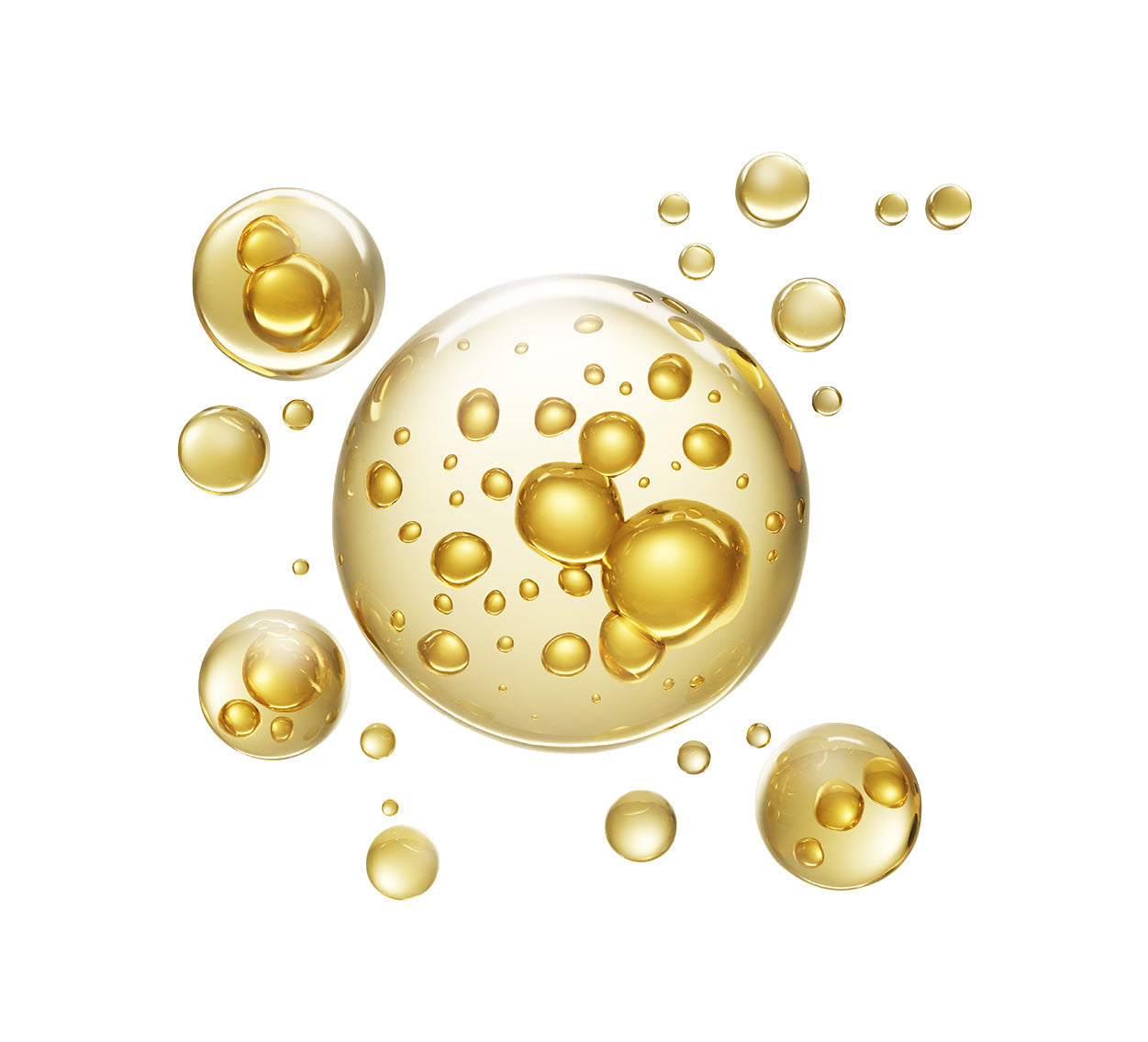If Your Skin Feels Off, It Might Be Missing This Or For Skin That Needs a Little More Care: Vitamin E Or Why Vitamin E Deserves a Spot in Your Routine
How Vitamin E Improves Skin Health
Vitamin E works best when combined with other ingredients. For example, it’s often paired with Vitamin C to stabilize both ingredients and boost antioxidant effects. On its own, it's ideal for dry, flaky, or sensitive skin, especially during colder months or after over-exfoliation.
It’s also great for:
- Sun-exposed skin: Helps reduce oxidative stress.
- Post-procedure recovery: Speeds up healing.
- Night repair routines: Works well overnight when your skin is in regeneration mode.
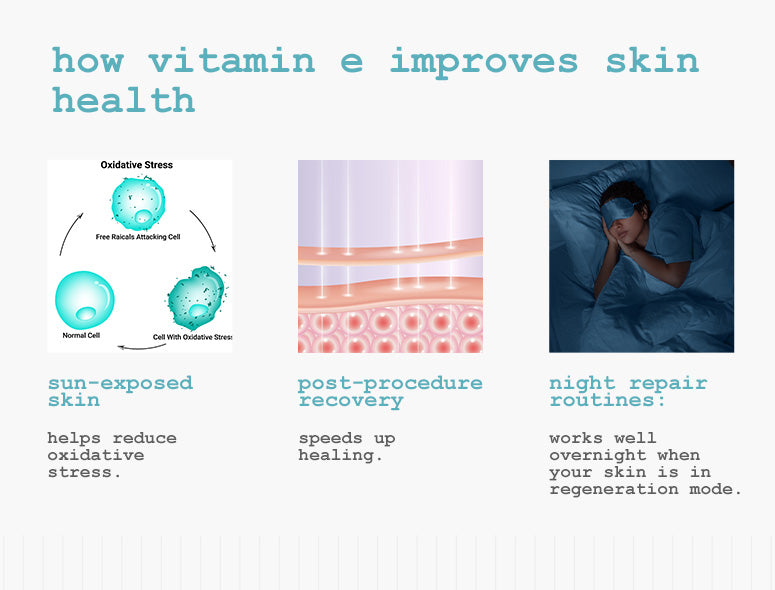
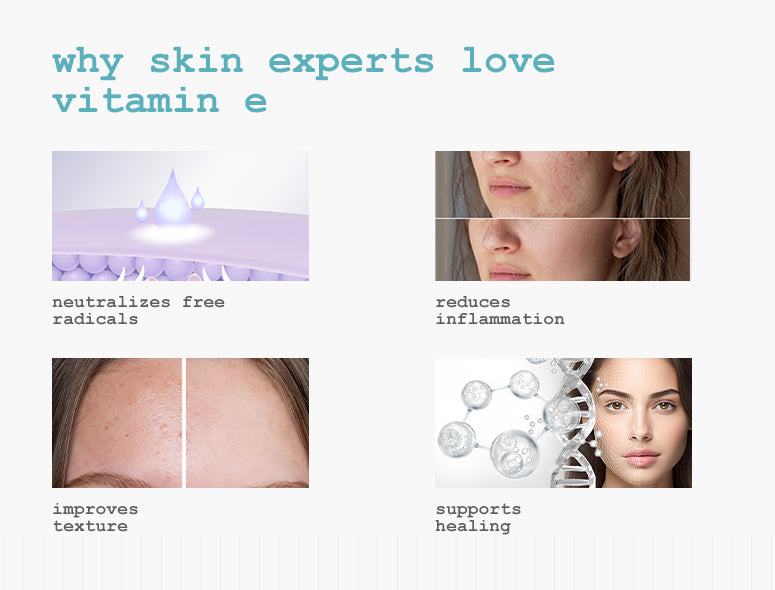
The Antioxidant Your Skin Already Loves
Vitamin E isn’t a single ingredient but a group of fat-soluble compounds, the most common in skincare being tocopherol. It naturally occurs in the skin but depletes over time due to sun exposure, pollution, and stress.
As an antioxidant, Vitamin E fights off free radicals (unstable molecules that accelerate aging and damage cells). It also strengthens the skin’s barrier and supports its ability to retain moisture.
Why Skin Experts Love Vitamin E
When it comes to skin health, Vitamin E isn’t just a supportive ingredient—it’s a foundational one. Here's what it brings to the table:
- Neutralizes free radicals: Protects against environmental stressors like UV and pollution.
- Boosts barrier function: Locks in moisture while shielding against irritants.
- Reduces inflammation: Calms and soothes stressed or compromised skin.
- Improves texture: Softens rough patches and supports skin repair.
- Supports healing: Often used in scar and post-treatment care.
How to Incorporate Vitamin E into Your Routine
Vitamin E is versatile, but how you use it matters. To get the most out of it, focus on pairing it with the right ingredients and applying it at the right step in your routine.
- Vitamin E is best found in serums, moisturizers, and oils, as it works the best when dissolved in oil. Additionally, these formulas help Vitamin E to work more effectively, reaching deep into the skin to protect and strengthen the barrier.
- You'll find Vitamin E listed as tocopherol or tocopheryl acetate on the ingredients list.
- Use in your evening routine, particularly with rich creams or active ingredients.
If your skin tends to clog easily, Vitamin E might be too heavy, especially in oil-based formulas.
Final Takeways
Vitamin E is a quiet but effective addition to any skincare routine. Its ability to protect, calm, and reinforce the skin barrier makes it especially valuable for dry, sensitive, or stressed skin types.





